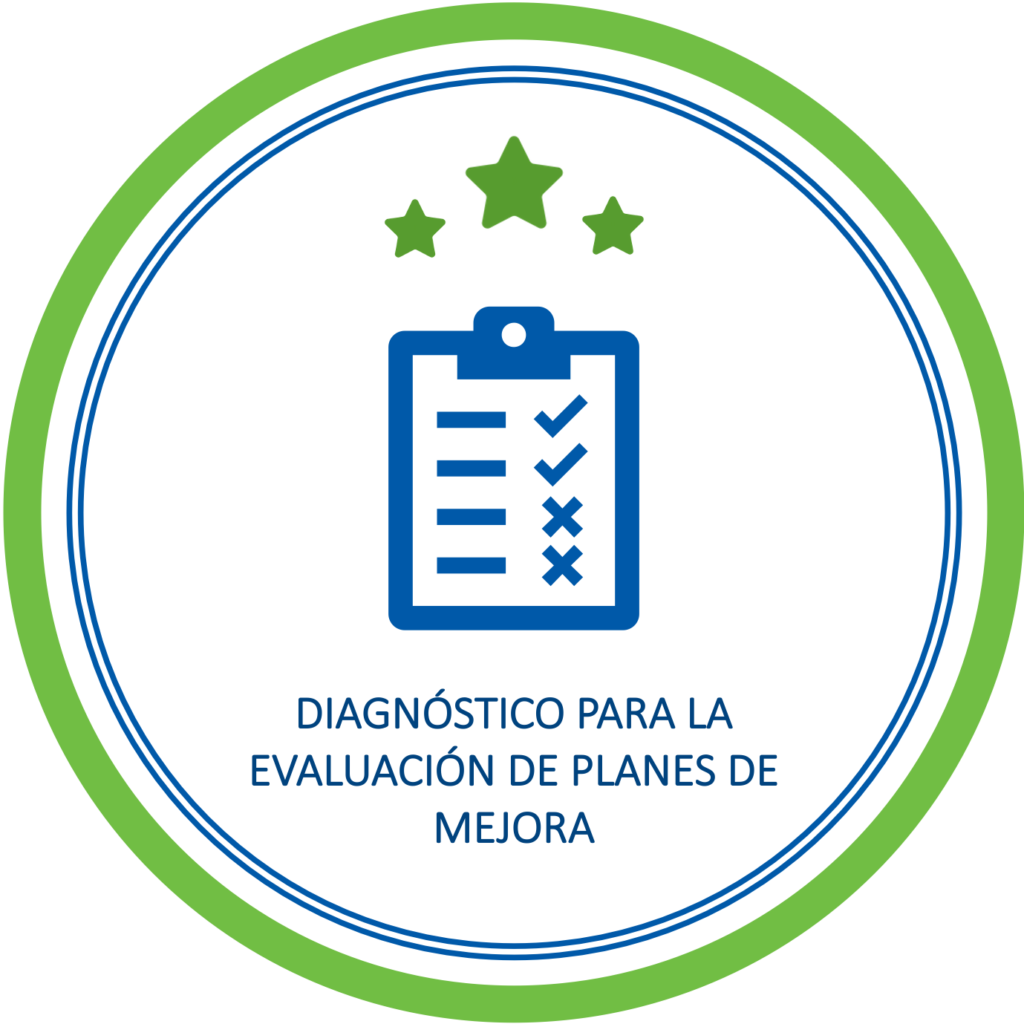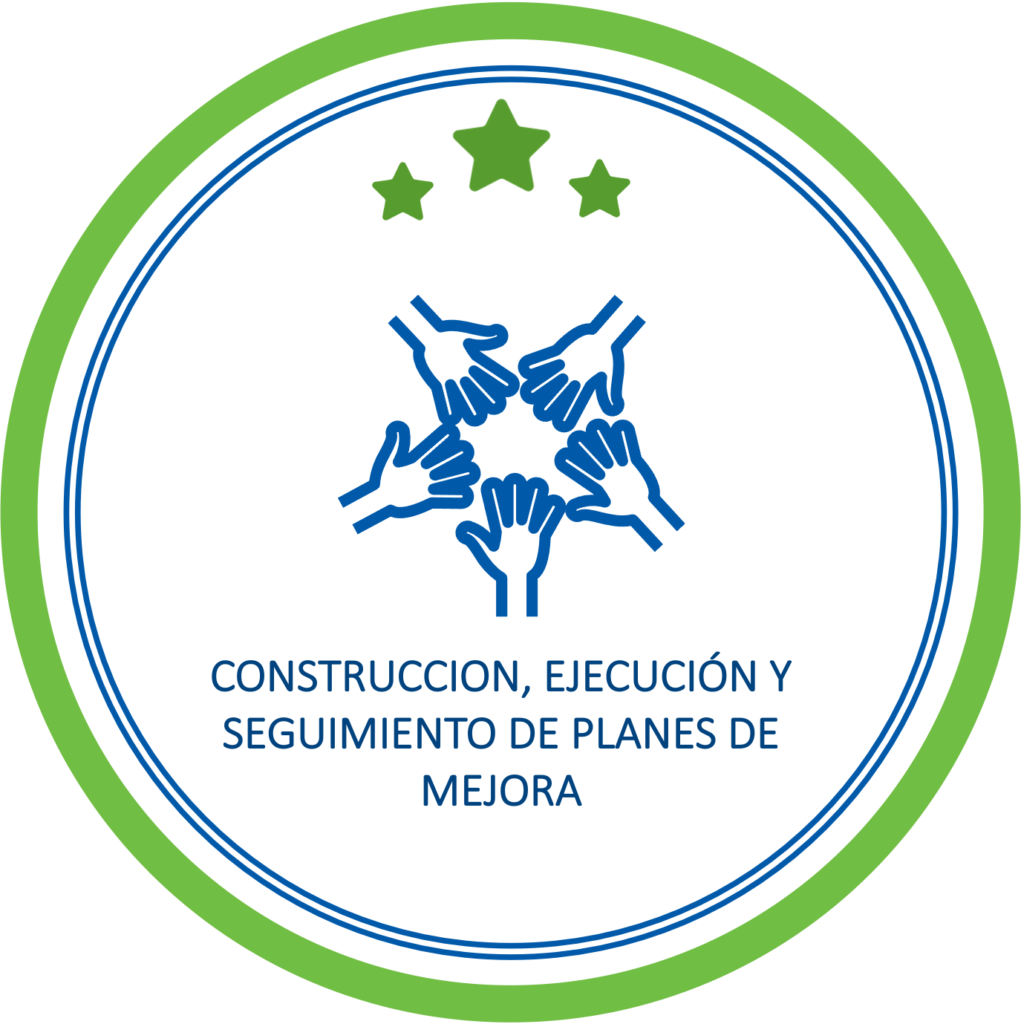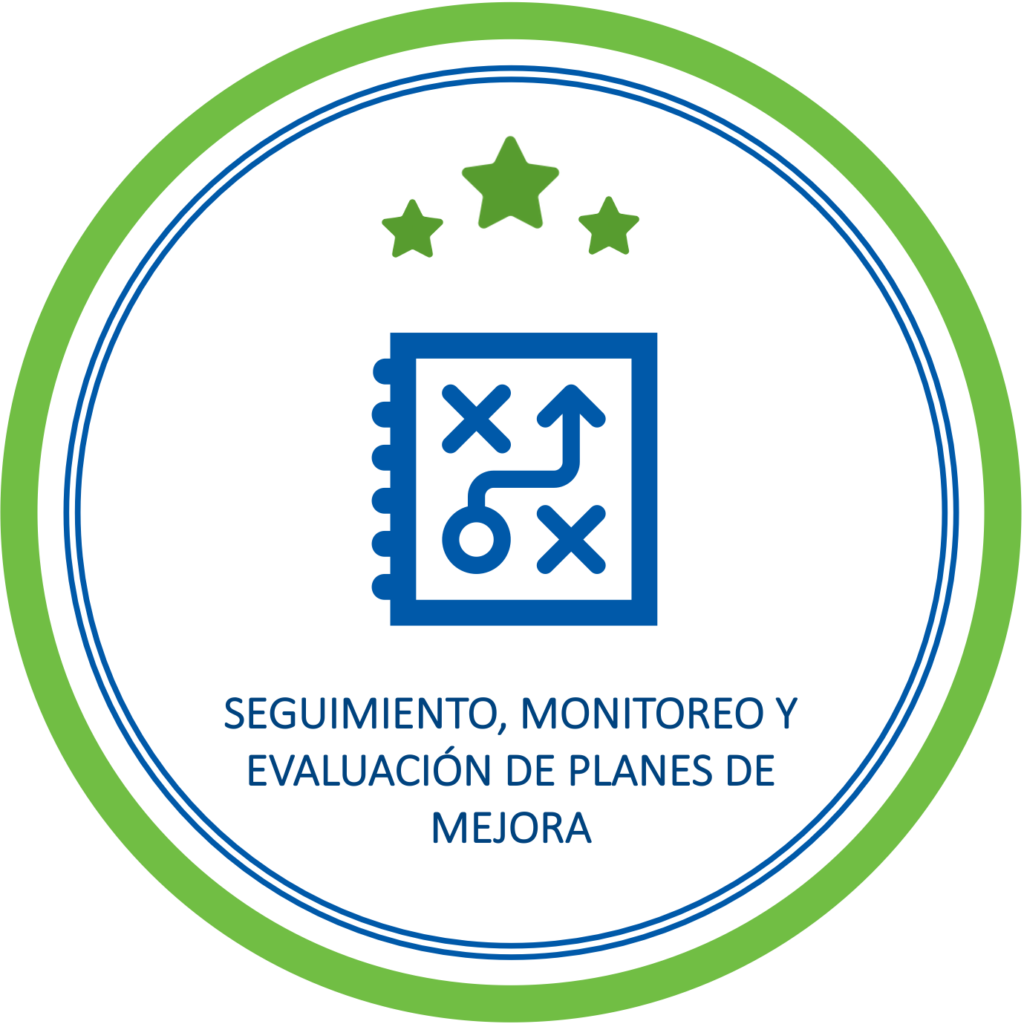
Quality Management Programme

Target audience
Teachers, authorities and management teams from higher education institutions

Duration
50 hours

Modality
Virtual tutoring

Language
Spanish

Certification
Certification after passing the mandatory activities and digital credentials
Description
UNESCO IESALC’s Quality Management Program is based on an active methodology, in which institutions develop their own transformation process with the support of quality advisors specialized in a learning-by-doing model. The institutions will also count on sessions with quality experts who will share the theoretical and practical elements to carry out the design of institutional improvement plans.
The training takes place at the IESALC Campus based on a connectivist and constructivist learning model, which is supported by the proposal of synchronous (videoconferences and seminars) and asynchronous (autonomous and collaborative work with facilitated learning resources and tools) learning contexts. During 10 weeks, five training modules of two weeks each are addressed, which are carried out together with technical assistance and support from mentors and expert advisors.
Programme structure

Objectives
Modules
Module 1: Diagnosis for evaluation and improvement plans

Module 2. Construction, execution and follow-up of improvement plans

Module 3: Follow-up, monitoring and evaluation of improvement plans

Module 4: Budget as an articulating axis of the improvement plan

For further information, please contact: soporte@campusiesalc.org